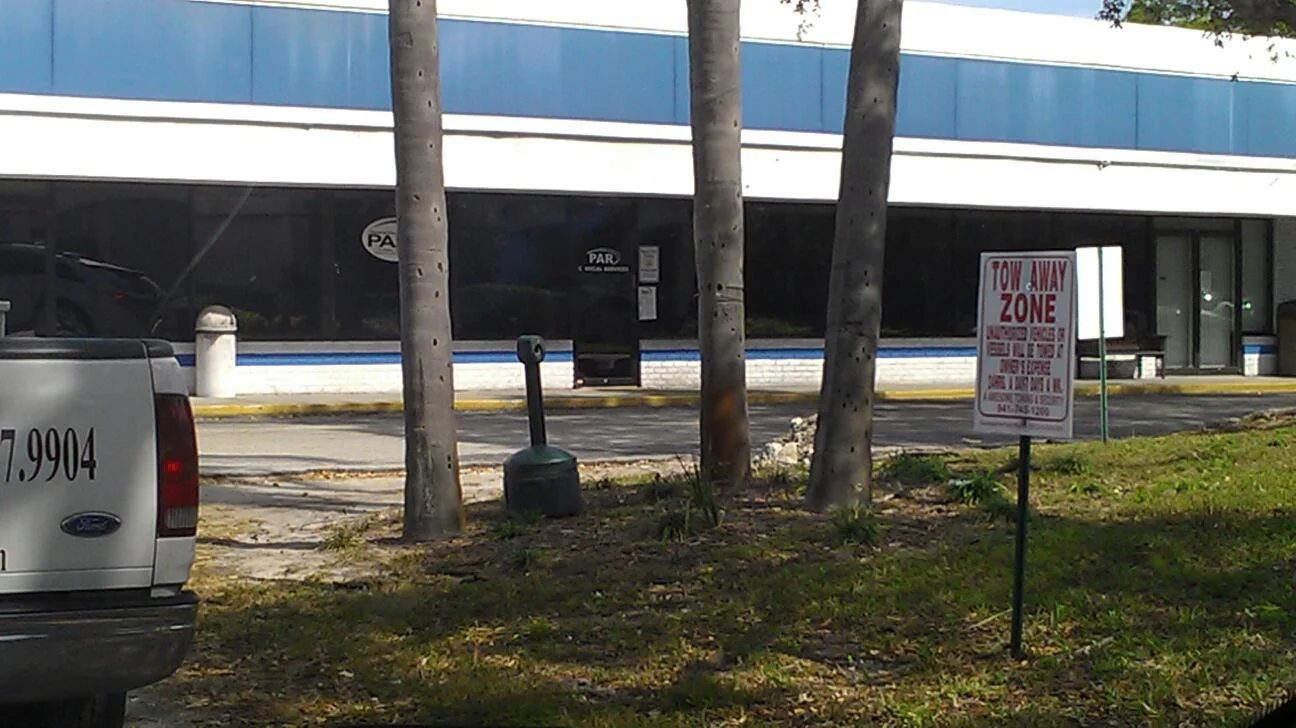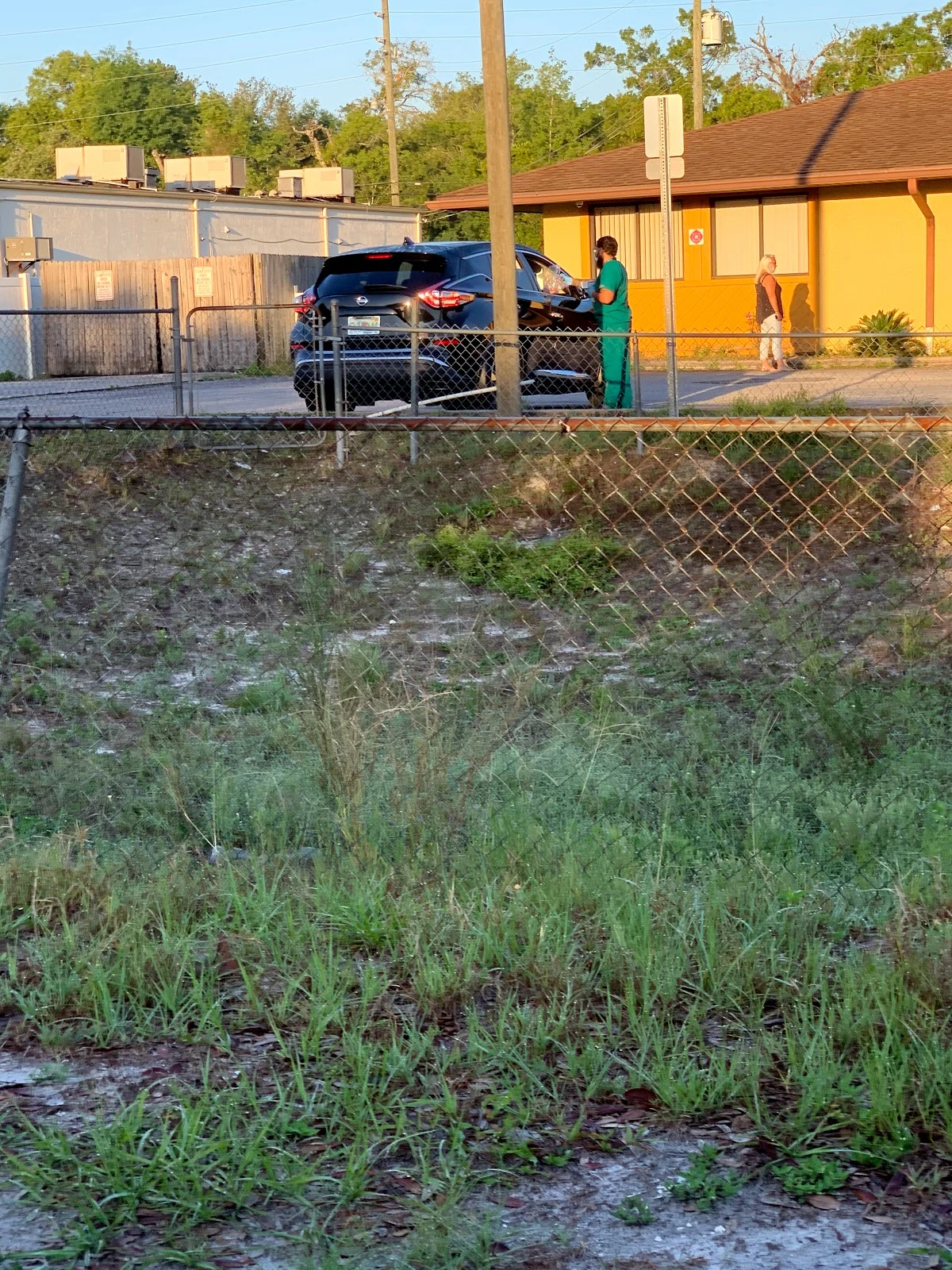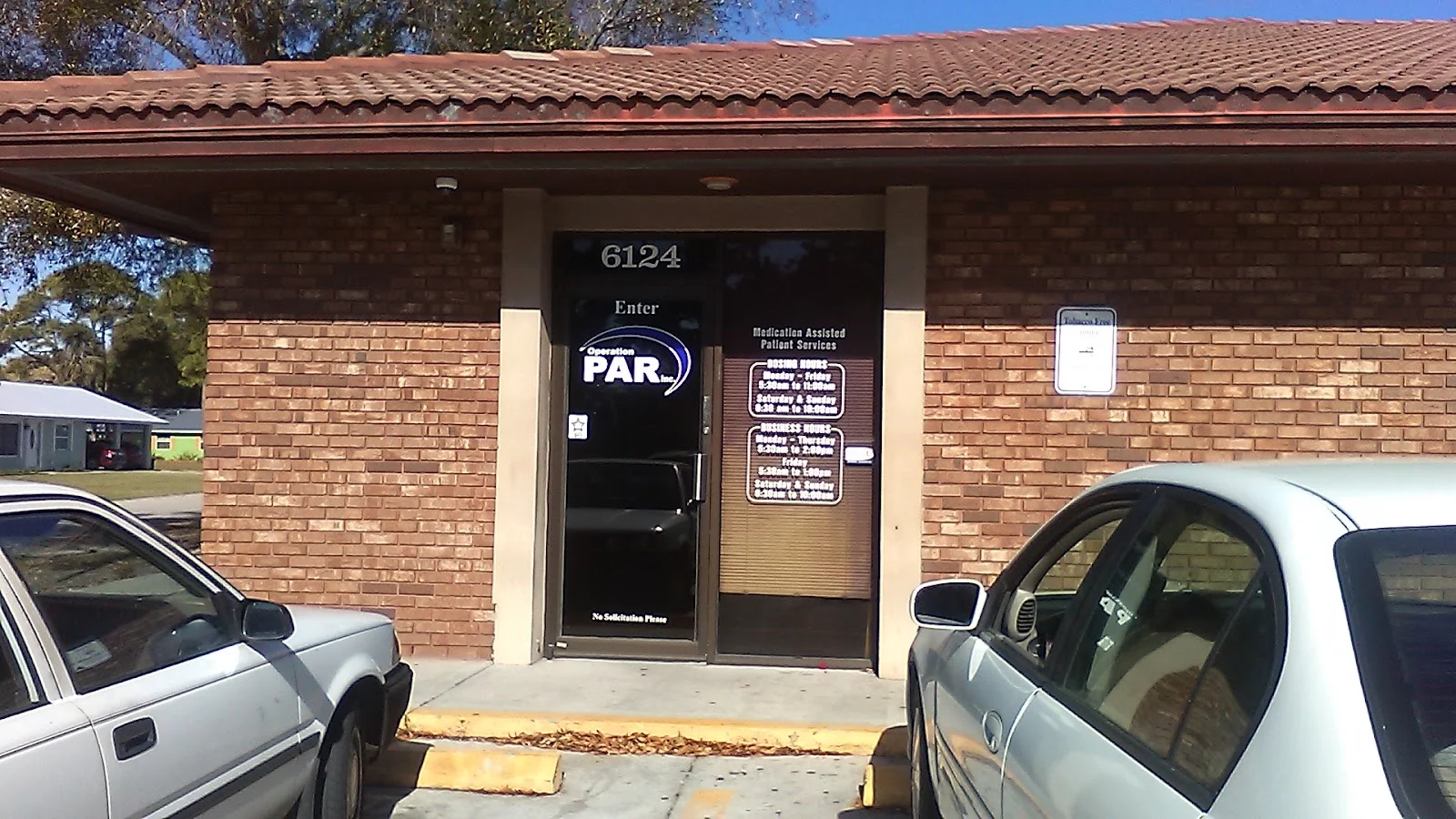Operation PAR Behavioral Health & Wellness, situated in Bradenton, Florida, offers comprehensive treatment services for co-occurring mental health disorders and substance and alcohol abuse. The center provides programs that are specifically designed to meet the requirements of individuals of all ages, regardless of gender. Operation PAR is committed to assisting individuals at all phases of life in their journey toward recovery by providing specialized services for adolescents aged 12-18 and an adult program.
The center offers a variety of treatment options to guarantee individualized care and flexibility. Outpatient treatment is a component of both the adolescent and adult programs, which enables individuals to continue with their daily responsibilities while receiving care. Operation PAR provides a residential program that is structured and immersive, an environment that is conducive to recovery, for those who require more intensive support. The center also offers an FDA-approved Medication-Assisted Treatment (MAT) detox, which guarantees a safe and medically supervised detoxification process. The center also offers a comprehensive aftercare program to assist clients in maintaining their progress and preventing relapse, thereby promoting long-term recovery.
The facility provides a distinctive educational experience for adolescents by incorporating an on-site Pinellas County High School. While obtaining treatment, this program enables adolescents to continue their education. The center also offers vocational education to ensure that young individuals are not only concentrating on their recovery but also preparing for their future vocations.
They also utilize a diverse array of evidence-based therapies to manage both substance use and co-occurring disorders. Behavioral intervention and creative arts therapy are among the therapies that enable clients to express themselves in unconventional ways and modify detrimental behaviors. Anger management, life skills training, and individual, group, and family therapy are among the additional therapeutic offerings that guarantee clients receive comprehensive support to address the emotional, psychological, and relational aspects of addiction and mental health.
The National Institute on Drug Abuse (NIDA) and the Substance Abuse and Mental Health Services Administration (SAMHSA) have both accredited Operation PAR, underscoring its dedication to the provision of research-driven, high-quality care. Operation PAR Behavioral Health & Wellness is a dependable source of assistance for those who are in search of long-term wellness and recovery, thanks to its personalized treatment options and a variety of programs.
Operation PAR Information
Treatment
Who We Treat
- Male and Female
- Pregnant/Postpartum Women
- Pregnant Women
Treatment Focus
- Drug Addiction
- Opioids
- Alcohol
Approaches
- 12-Step-Based
- Individual Treatment
- Evidence-Based
- Medical
- Twelve Step
- Family Therapy
- Group Therapy
- 1-on-1 Counseling
- Medication-Assisted Treatment (MAT)
- Online Therapy
- Life Skills Training
- Relapse Prevention Counseling
Conditions We Treat
- Anxiety
- Co-Occurring Disorders
Substances We Treat
- Alcohol
- Prescription Drugs
- Heroin
- Opioids
- Synthetic Stimulants (Bath Salts)
- Synthetic Drugs
Languages
- English
- Spanish
Aftercare
- Relapse Prevention Planning
- Outpatient Treatment
- Drug Screening
- Housing Services
- Continuing Care
- Housing Support
Level of Care
- Outpatient
- Virtual & In-Home Care
- Co-Occurring Mental Health
- Aftercare/Continuing Care
Experience
Personal Amenities
- Air-Conditioned Rooms
Special Considerations
- Wheelchair Accessible
Smoking and Vaping Policy
- Smoking Not Allowed
- Vaping Allowed in Designated Areas
Accreditations
-
State department of health
Government agencies issue State Licenses, granting rehabilitation organizations permission to operate their businesses legally within specific geographic regions. The licenses needed for legal operation are typically determined by the type of rehabilitation program offered by a facility and its physical location.

-
Commission on Accreditation of Rehabilitation Facilities (CARF)
CARF accreditation is a prestigious recognition for organizations in rehabilitation and human services. It signifies that an organization meets rigorous quality standards and is committed to providing top-notch care. Achieving CARF accreditation involves a thorough evaluation process, including on-site surveys, to ensure excellence in programs and services. This accreditation boosts an organization's credibility, assures clients and funders of quality, and promotes ongoing improvement in the field of rehabilitation and human services.

-
SAMHSA
SAMHSA's Opioid Treatment Programs (OTPs) accreditation is a rigorous recognition process that signifies an OTP's commitment to providing high-quality care for individuals dealing with opioid use disorders. It assures patients, families, and the community that the program adheres to evidence-based practices, employs qualified staff, and maintains a safe treatment environment. This accreditation is a symbol of quality and accountability, offering confidence in the program's ability to support individuals on their path to recovery from opioid addiction.
Additional Locations
Operation PAR Accepts The Following Insurance Plans
Find the best treatment options. Call our free and confidential helpline today!







